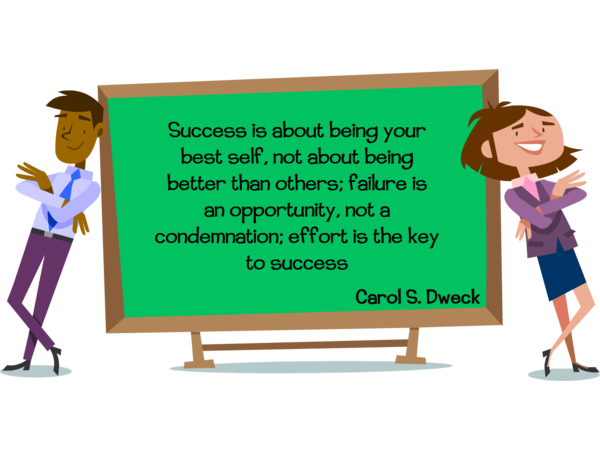10 ways to boost your mental health
The World Health Organization recognises World Mental Health Day on 10th October every year. This year’s theme has been set by the World Federation for Mental Health and is ‘mental health for all’.
During these challenging times we are all experiencing higher levels of uncertainty and volatility that can lead to anxiety and have a big impact on our mental health. With the winter almost upon us it is more important than ever to prioritise our emotional and physical wellbeing.
Here are 10 practical ways that you can look after your emotional wellbeing…
1. Be kind to yourself
Valuing and treating yourself with the kindness and respect you would your own best friend is so important. Giving yourself a hard time and being self-critical about every imperfection and every mistake you make is not helpful. You were not born to be perfect; you were born to be real and real people mess up from time to time and that is perfectly OK. Liking, respecting and being kind to yourself is so important in terms of your emotional well-being.

2. Be aware of and manage your stress levels
Given the current situation there is a great deal of heightened anxiety and stress about which can make it challenging to establish a healthy balance. Everyday pressures can build up and affect our stress levels without us even being aware that it is happening. The creep of burnout can be insidious. Increasing your stress intelligence and how you manage your stress by raising awareness of your stress triggers and responses is key.
Here are some useful tips on how you can avoid burnout –
https://www.liggywebb.com/how-to-avoid-burnout/
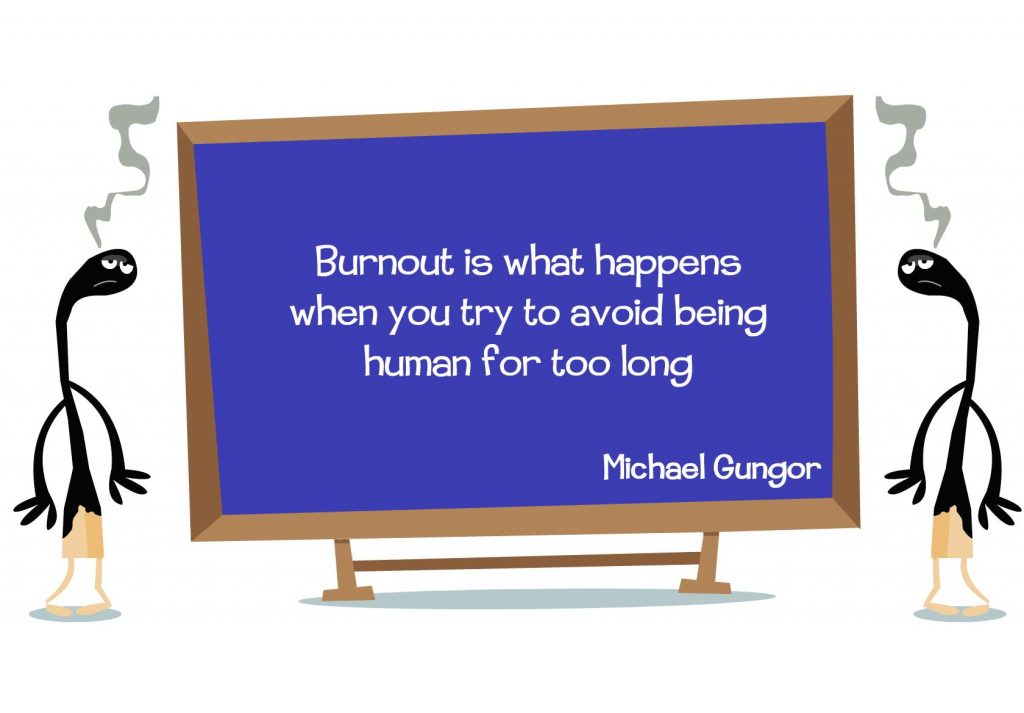
3. Keep active
A sedentary lifestyle isn’t helpful when it comes to your personal well-being. Research has identified that physical inactivity may increase the risks of certain cancers and contribute to anxiety and depression. People who engage in more physical activity are less likely to develop heart disease.
Exercise is vital for maintaining mental fitness, and it can reduce stress. Studies show that it is very effective at reducing fatigue, improving alertness and concentration, and enhancing overall cognitive function. Devices to measure how many steps you walk a day can also be very motivating. Setting yourself a target to walk 10,000 steps a day is recommended for a healthy heart, as well as having positive effects on your mental health too.
4. Fuel your body well
Think of your body as the most magnificent machine and be aware of the quality of the fuel that you put into your system. This can have a big impact on how you perform and indeed how you feel emotionally. Processed and sugary food will make you feel sluggish and low. A healthy diet will help you feel better and increase your energy levels.
Here are some tips on healthy eating – https://www.liggywebb.com/get-fit-for-the-future-healthy-eating-habits/
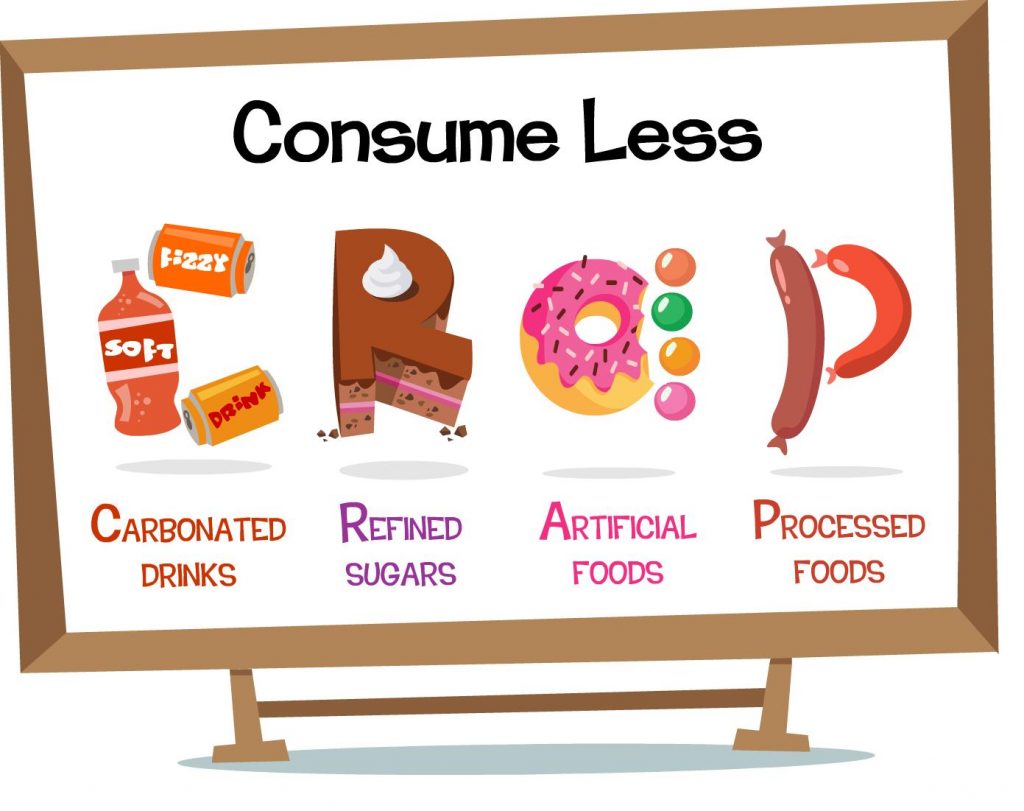
5. Sleep well
Lack of good quality sleep can affect your memory, judgment and mood. There is a close relationship between sleep and mental health. Living with a mental health problem can affect how well you sleep, and poor sleep can have a negative impact on your mental health. Here are some more tips on how to get the best sleep – https://www.liggywebb.com/5-ways-to-get-the-best-sleep/

6. Practise mindfulness
The term mindfulness comes from Eastern spiritual and religious traditions. It is a very old concept and is a key part of Buddhism and also appears in Hindu writings.
A great deal of scientific research now shows that the mindful approach to stress, anxiety and mental health is a very helpful and popular way of dealing with and diffusing high levels of stress.
Mindfulness refers to being completely in touch with and aware of the present moment, as well as taking a non-evaluative and non-judgemental approach to your inner experience. It is essentially about being present and noticing what is around you. So often, if you are not careful, you can find yourself racing through life in a mad dash and not taking time to stop and really appreciate what is going on around you.

7. Avoid chasing perfection
Experts tend to define perfectionism as “a combination of excessively high personal standards and overly critical self-evaluations”. Some studies show that constantly chasing perfection may seriously harm your mental health and well-being. Perfectionism occurs when you attach irrational importance to being perfect, hold unrealistic expectations of yourself and punish yourself when you self-evaluate the outcome. Perfection is a journey not a destination and sometimes a mantra of better done than perfect can reduce the relentless pressure you may be putting on yourself and also help you to achieve results.

8. Embrace the funny side of life
Laughter has so many benefits and can be such a great tonic. Even in challenging times it helps to seek out the funny side of situations. Having a good laugh can decrease stress hormones and also increase immune cells and infection-fighting antibodies. Laughter also triggers the release of endorphins, the body’s natural feel-good chemicals. Endorphins promote an overall sense of well-being and can even temporarily relieve pain as well as having a very positive effect on your emotional wellbeing.

9. Take a technoholiday
Social media is practically at boiling point at the moment with so much fake and negative news and it can have a big impact on your mental health. Being able to switch off from technology from time to time will help you to relax quite significantly.
Various studies into neurological and emotional well-being highlight the need to take breaks. Scanning social media is not a break for your brain because your mind will think it is still working. When you relax you really need to switch off and avoid directing your thoughts toward any task at all. Downtime is healthy for the mind and body. Almost everything will work again if you unplug it for a while, including you!

10. Ask for help
Reaching out and seeking help when you need it is not a sign of weakness, it is a sign of strength. We are all on this planet to love and support each other and everyone you meet is facing their own battle. You never really know what is going on in someone else’s life and it is important to understand that you never have to feel alone. People who reach out to get appropriate support and care can recover from mental illness and addiction and lead full, rewarding lives and one day you may well have the opportunity to do the same for someone else.
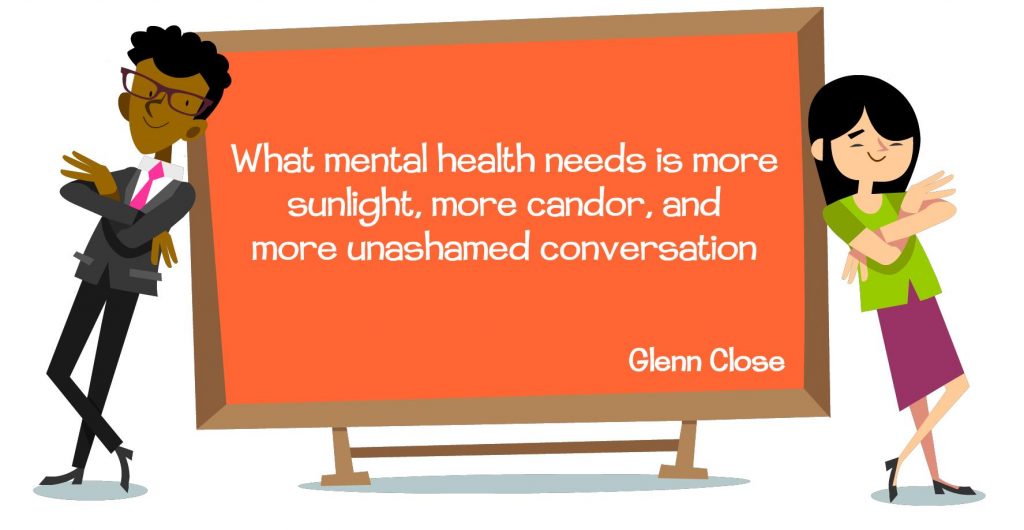
On Thursday 28th October at 3pm (BST) I am going to deliver a complimentary Winter Wellbeing Webinar.
This will include a 30 presentation and a 30 minute Q&A with lots of tips and advice on how to boost physical and emotional wellbeing and manage winter stress.
Places will be limited and you can register here …
For updates for future blogs, free webinars and various other useful resources please do join my newsletter.

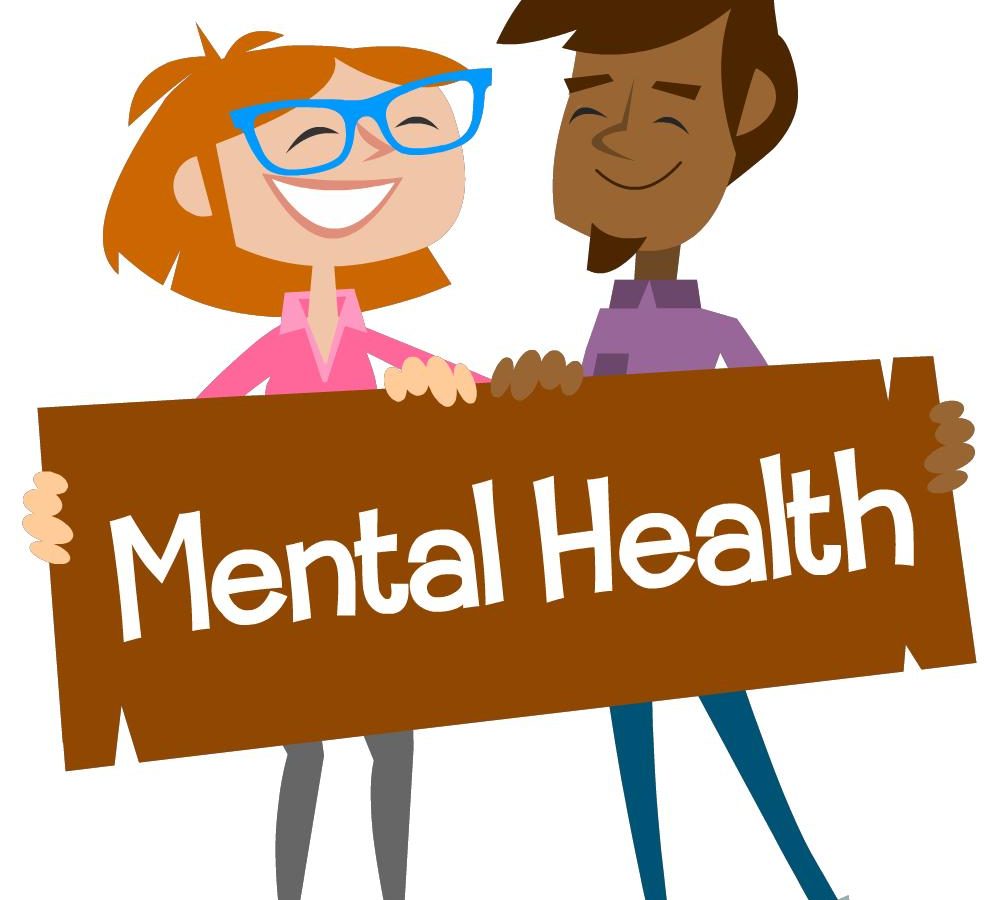





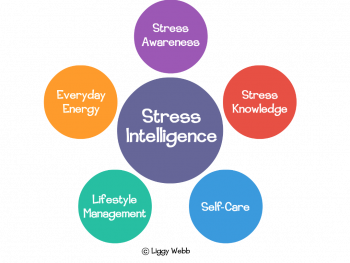





 The power of curiosity
The power of curiosity


